FromSoftware has an interesting relationship with its stories. Ever since the days of King’s Field, the developer has emphasized environmental storytelling and obscure dialog over traditional methods of narrative delivery, like abject exposition and a steady pace of cinematics. Games like Bloodborne and Elden Ring show how effective this style of storytelling can be, as it builds a strong, sometimes uncomfortable atmosphere, while allowing players to make their own interpretations.
It also synergizes with custom protagonists, which have been featured in just about every FromSoftware project since Demon’s Souls, with a few notable exceptions, not the least of which being Sekiro: Shadows Die Twice. Launching just a few years after Dark Souls 3, Sekiro initially came across as another soulslike, albeit one rooted more in real-world history and Japanese mythology than Western-inspired high fantasy. While it definitely has a lot in common with the soulslike subgenre, Sekiro wound up being something else entirely, with its more focused, sharp combat sandbox being reflective of its more pointed and bespoke narrative. It’s not clear if there will ever be a proper sequel to Sekiro, as at least one of its endings hints at a follow-up, but regardless, there are elements of the game that ought to be revisited.
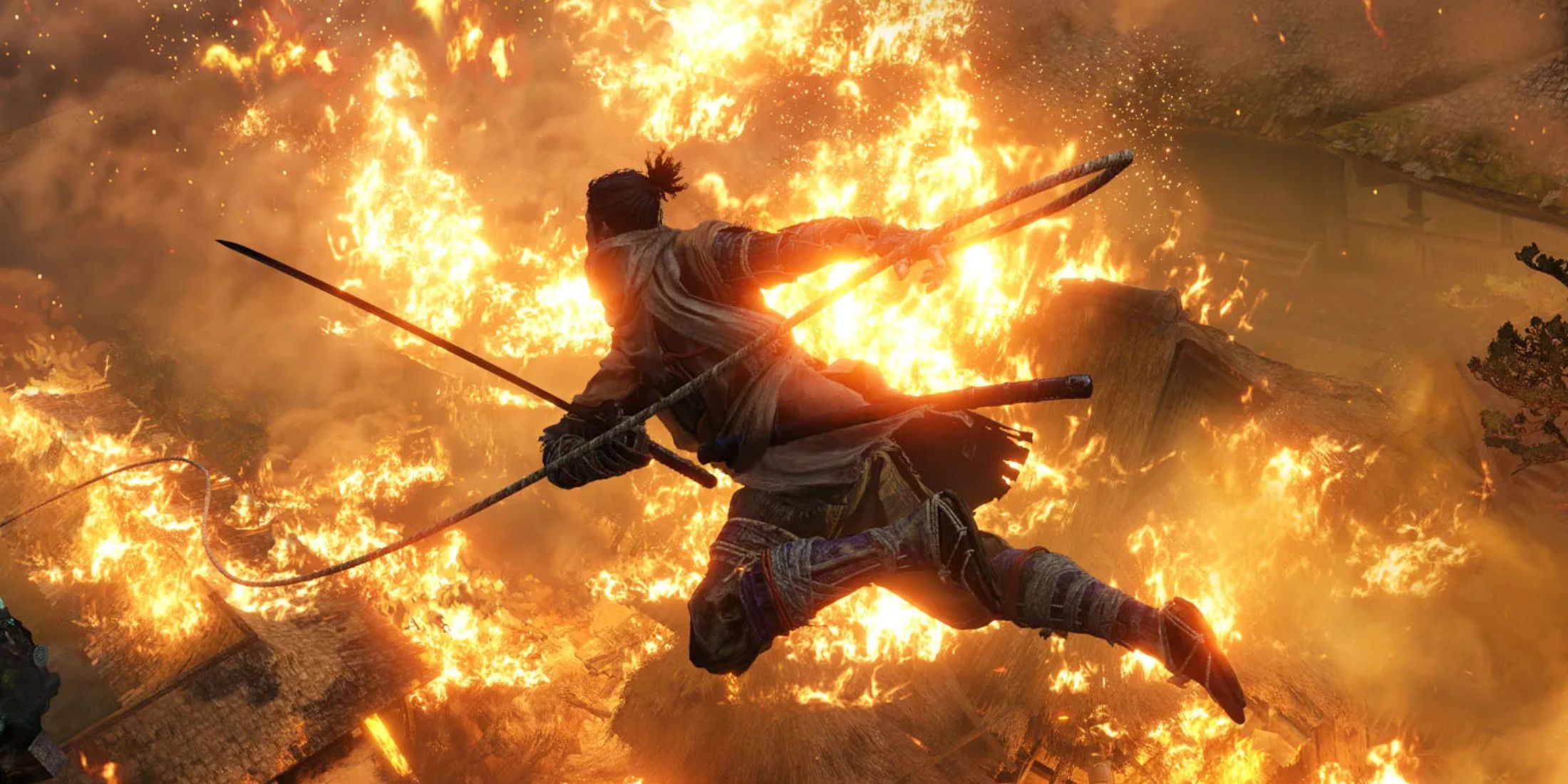
Related
Why FromSoftware’s ‘Next Level’ After Sekiro is So Promising
According to Hidetaka Miyazaki, FromSoftware can crank up its combat beyond what was seen in Sekiro, which is a very exciting prospect.
The Case for Another Voiced Protagonist In a FromSoftware Game
Sekiro’s Wolf Gets To Be a Complete Character
He may not be the most expressive or charismatic leading man out there, but Wolf is certainly more interesting than FromSoftware’s other protagonists. In Dark Souls, Bloodborne, Demon’s Souls, and Elden Ring, the protagonist is little more than a surrogate for the player, sometimes even being explicitly described as from another land and thus even further disconnected from the plot. This isn’t a bad thing, but it results in much of the story occurring in the player’s imagination, as they wonder what they would do, how they would act, in a given scenario.
Playing as Wolf isn’t as immersive by comparison, but this is made up for in emotional impact. The story of Sekiro is deeply personal for Wolf, as his loved ones play pivotal roles in the plot, requiring him to have an actual arc and contend with his complex internal life. An example of how this makes for more effective storytelling can be found in the Shura ending, which is obtained by choosing to betray Kuro and partner with Owl, Wolf’s adoptive father. Similar “evil” endings appear in FromSoftware’s other games, but they lack emotional heft because the player-character is so loosely defined—the player doesn’t have a grasp on what such evil deeds mean to this bland avatar.
But Wolf being torn between his Shinobi honor and his duty to his father, between his love for Kuro and his love for Owl, is a dilemma that is easy to understand. Thus, whether a player completes the Shura ending and sacrifices Kuro, or rejects the proposition and kills Owl, the gravity of the situation is felt much stronger than when a narrative decision is made in Bloodborne or Elden Ring. Decisions in those games often hinge on philosophical or intellectual problems, not emotional or personal ones.
Revisiting this method of storytelling and, ideally, building upon it, could result in more emotionally impactful narratives—something that FromSoftware games have generally lacked. FromSoftware boasts some of the strongest writers in the industry, and leaning into different narrative styles could help these writers produce better, more diverse, and more intriguing games down the road.
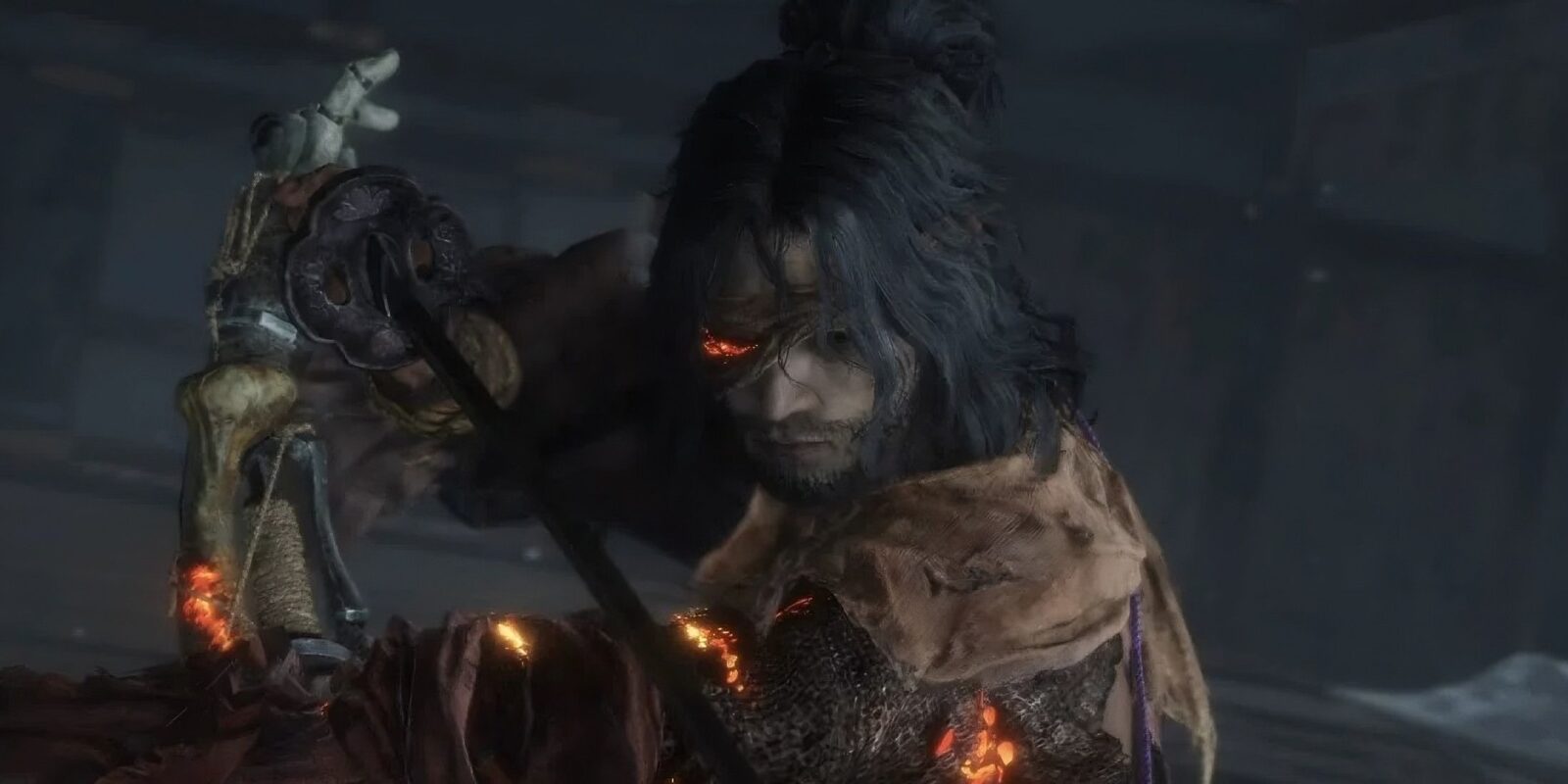

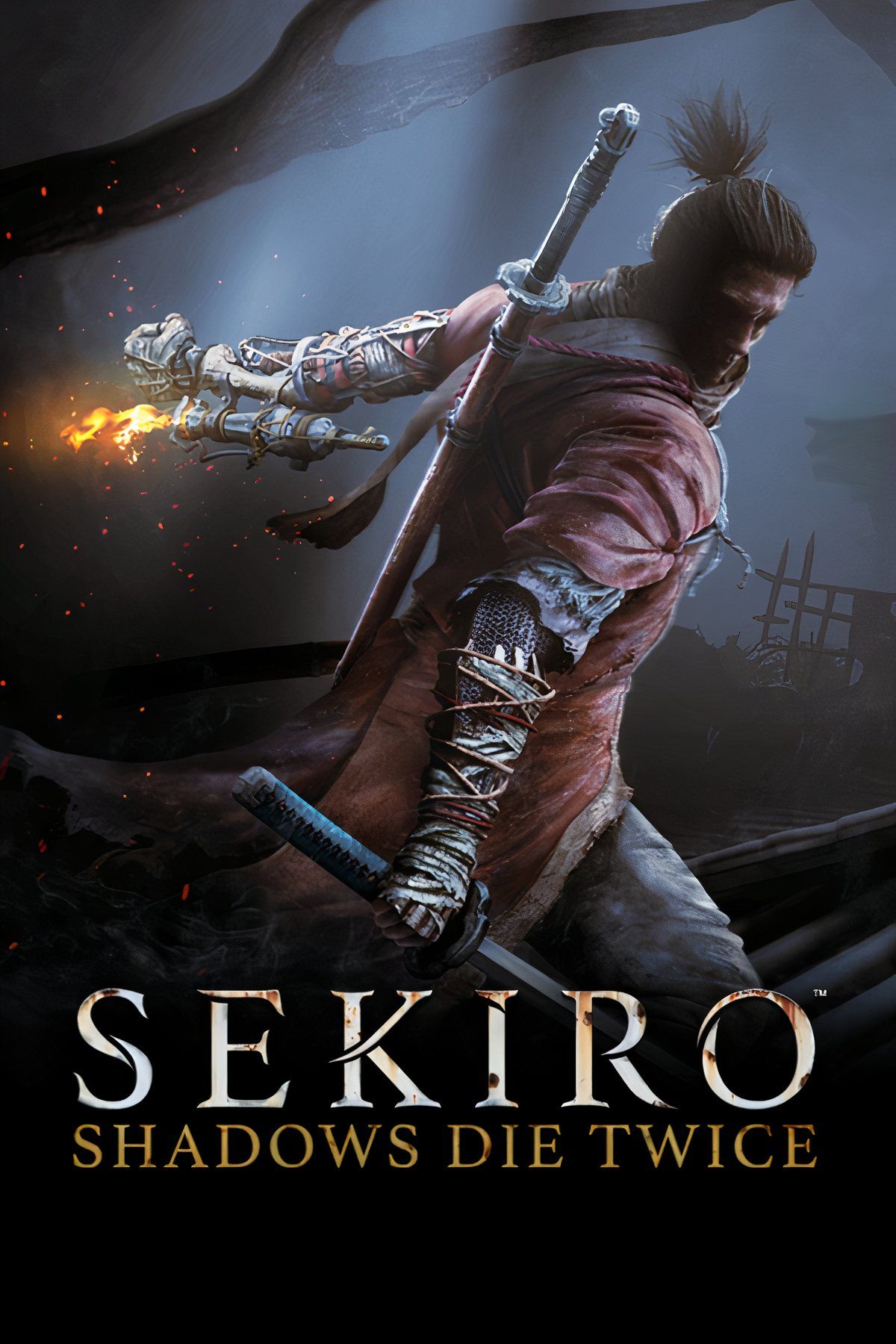

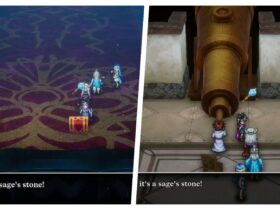
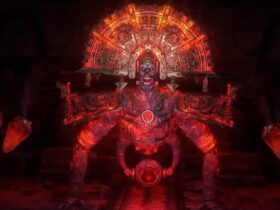



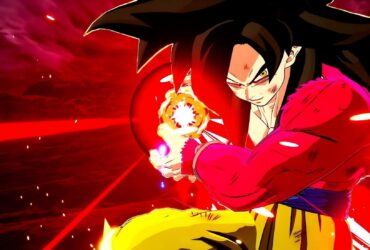



Leave a Reply